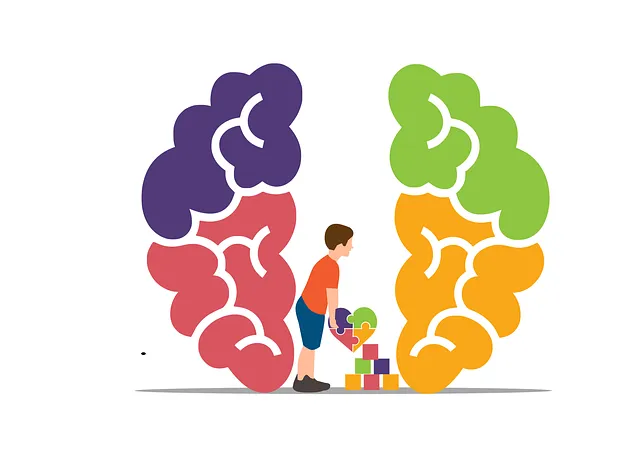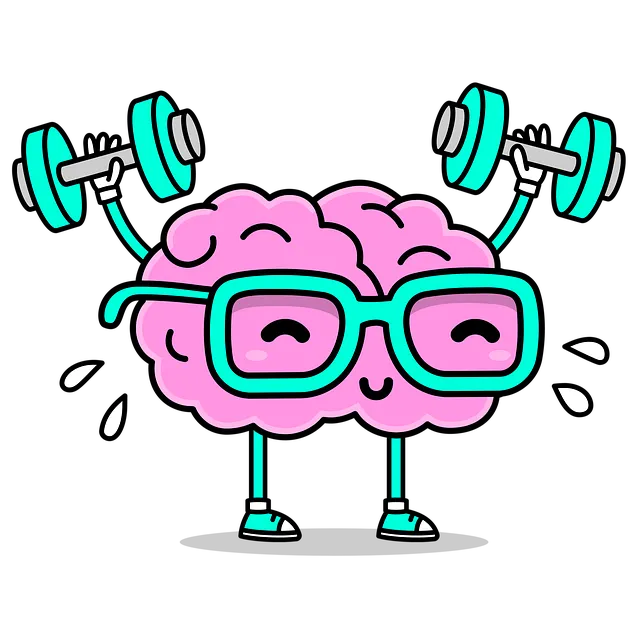Kaiser Permanente mental health Longmont offers specialized programs to empower individuals with anxiety, depression, or bipolar disorder by teaching essential social skills and emotional regulation techniques through CBT, mindfulness practices, role-playing, and group therapy. Their holistic approach, including self-care practices and risk assessments, helps clients navigate social situations comfortably, reduce mental illness stigma, and improve overall well-being and community participation.
Social skills training plays a pivotal role in managing mental health conditions, fostering healthier interactions and improved well-being. This article explores this critical aspect, focusing on the efforts of Kaiser Permanente Mental Health Longmont, a leading provider offering specialized programs. We delve into the impact of mental health on social dynamics, highlighting the importance of developing core skills. Through effective training methods, participants gain tools to navigate real-world interactions successfully. Success stories from Kaiser Permanente’s program demonstrate the transformative power of such initiatives.
- Understanding the Impact of Mental Health Conditions on Social Interactions
- The Role of Kaiser Permanente Mental Health Longmont in Skill Development
- Identifying Core Social Skills for Enhancement
- Training Methods and Techniques Employed by Professionals
- Real-World Application: Success Stories from Participants
Understanding the Impact of Mental Health Conditions on Social Interactions

Mental health conditions can significantly shape an individual’s social interactions and overall experience in society. Conditions such as anxiety disorders, depression, or bipolar disorder often manifest in ways that impact a person’s ability to engage with others. For instance, severe anxiety might lead to avoidance of social situations, while mood disorders can affect one’s capacity for emotional regulation during conversations. These challenges can create barriers to forming meaningful connections and maintaining healthy relationships.
The Kaiser Permanente mental health Longmont program recognizes these complexities and aims to address them through comprehensive training. The focus includes teaching essential skills like active listening, communication strategies, and cultural sensitivity in mental healthcare practice. By enhancing emotional regulation techniques, individuals with mental health conditions can navigate social situations more comfortably. This holistic approach not only supports their mental wellness but also fosters a more inclusive environment where diverse needs are understood and supported.
The Role of Kaiser Permanente Mental Health Longmont in Skill Development

Kaiser Permanente Mental Health Longmont plays a pivotal role in empowering individuals with mental health conditions to enhance their social skills and overall well-being. They offer specialized programs tailored to address specific challenges faced by those dealing with anxiety, depression, or other mental health issues. Through interactive workshops and therapeutic sessions, Kaiser Permanente provides practical tools for effective communication, helping individuals navigate social interactions with confidence.
One of the key initiatives is the introduction of emotional regulation techniques, enabling clients to manage their feelings in various social settings. Additionally, they facilitate Mental Wellness Journaling Exercises, guiding participants through reflective writing as a means to process emotions and track progress. These comprehensive strategies not only foster better communication but also contribute to improved emotional stability and mental wellness.
Identifying Core Social Skills for Enhancement

Identifying Core Social Skills for Enhancement is a critical step in any social skills training program, especially tailored for individuals managing mental health conditions through Kaiser Permanente mental health Longmont services. This process involves pinpointing specific skill sets that can significantly impact an individual’s ability to navigate social interactions and maintain healthy relationships. By focusing on these core skills, the training becomes more targeted and effective. For instance, developing active listening techniques, appropriate non-verbal communication, and empathy can foster deeper connections and reduce social isolation, which is a common challenge for many with mental health conditions.
In designing such programs, incorporating Self-Care Practices is essential to ensure individuals learn not only how to engage socially but also how to manage their own well-being. Additionally, integrating a Risk Assessment for Mental Health Professionals can help identify potential triggers and develop coping strategies, enhancing overall social functionality. Community outreach programs, when implemented effectively, can serve as platforms for practicing these skills in real-world scenarios, further enriching the training experience.
Training Methods and Techniques Employed by Professionals

Professionals at Kaiser Permanente mental health Longmont employ a multitude of training methods and techniques to equip individuals with effective social skills for managing their mental health conditions. These include cognitive-behavioral therapy (CBT), which focuses on identifying and changing negative thought patterns, and mindfulness practices that enhance emotional regulation and awareness.
Additionally, role-playing exercises and group therapies are integral parts of their training arsenal. Role-playing allows individuals to practice social interactions in a safe environment, while group therapy facilitates the development of empathy through shared experiences. Risk management planning is also emphasized, equipping mental health professionals with strategies for addressing challenging situations while prioritizing both client safety and emotional well-being promotion techniques. Empathy building strategies, crucial for fostering strong therapeutic relationships, are intricately woven into these training programs.
Real-World Application: Success Stories from Participants

Many participants in Kaiser Permanente mental health Longmont’s social skills training programs have shared inspiring stories of transformation and improved well-being. These real-world applications demonstrate the power of such interventions in fostering better social interactions and overall mental health management.
The training, tailored to address various mental illness stigma reduction efforts, incorporates self-awareness exercises and confidence-boosting activities. Through role-playing scenarios, group discussions, and interactive workshops, individuals have learned valuable communication skills, enabling them to navigate social settings with greater ease. As a result, many have reported improved relationships, better job performance, and increased participation in community activities, all of which contribute to enhanced overall quality of life.
Social skills training, facilitated by organizations like Kaiser Permanente Mental Health Longmont, plays a pivotal role in empowering individuals with mental health conditions. By focusing on core social skills and employing evidence-based techniques, these programs enable participants to navigate social interactions more effectively. The success stories shared here highlight the transformative potential of such initiatives, demonstrating that with the right support, individuals can improve their quality of life and enhance their overall well-being.






